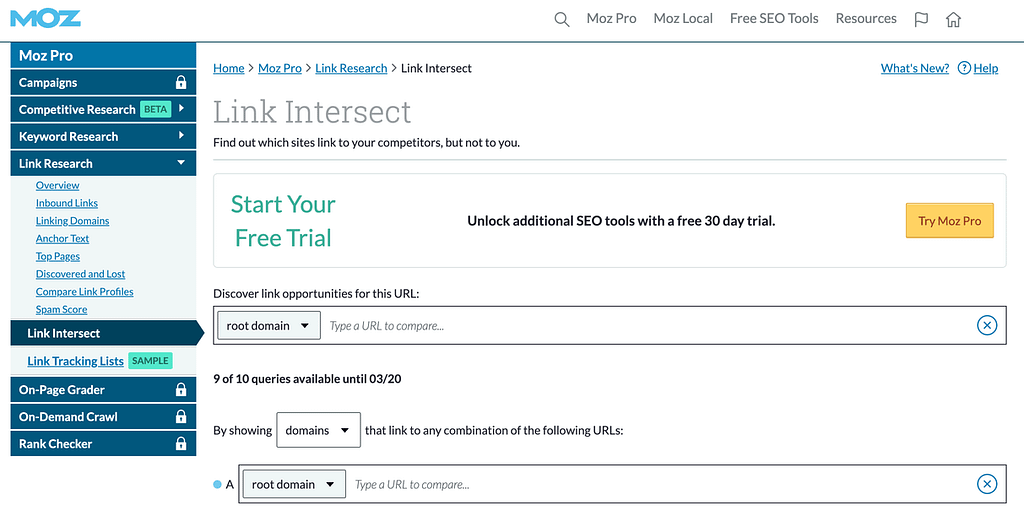Not known Facts About Online Da Checker
Wiki Article
The Basic Principles Of Online Da Checker
Table of ContentsThe Definitive Guide for Online Da CheckerThe Buzz on Online Da CheckerThe Definitive Guide for Online Da CheckerGetting My Online Da Checker To WorkHow Online Da Checker can Save You Time, Stress, and Money.
com domains, which have extra enrollments than all cc, TLDs integrated. Historically, the primary g, TLDs were. com,. org,. net,. edu,. gov, and. mil, yet the number of available domain name extensions has been broadened with the enhancement of TLDs like. online,. xyz, and.
Specific lookup results can be seen in detail by choosing a web server location from the checklist or clicking on the map pens once a search has been finished - Online DA Checker. The Domain System (known as DNS) is a system made use of to convert a name (like www. google.com) into an IP address (like 192
1). These addresses are made use of by computer systems to connect with each other on the net. Most people discover keeping in mind names a lot easier than numbers, so DNS makes this process easy. When you see a website, your computer system, phone or tablet computer will certainly initially examine your local DNS cache for the equivalent IP address.
The smart Trick of Online Da Checker That Nobody is Talking About
When the IP address is understood, it is kept locally for a collection duration of time recognized as the Time To Live (TTL) and utilized to speed up future requests. Updated records will not be returned up until this time has actually run out, this can usually be the cause of why DNS adjustments do not appear to be working right away.
For popular websites, DNS results may be cached for individuals in various components of the world making use of numerous different recursive DNS resolvers. If you have lately made changes to your configuration, and the TTL has actually not yet ended, then some people might be obtaining this article outdated results which might suggest that they see an older variation of your website.
This can be anywhere from numerous mins up to 48-72 hours or longer. However, there are in some cases other factors for a long breeding time. The major issues as to why DNS proliferation can take as long are: - The Moment to Live (TTL) is the period in which DNS data is permitted to 'live' in the cache of a regional gadget or DNS resolver.
An Unbiased View of Online Da Checker
- You might not be using your ISPs DNS server, if this holds true after that the exact same issues that might be triggering hold-ups can still apply. - When changing internet hosting or DNS service providers for your domain, it is commonly additionally called for to update your authoritative name servers. These modifications will certainly need to be reflected in the matching TLD nameserver for your domain name.
com, then the. com TLD nameserver would also require to update which can cause delays in DNS propagation. A method utilized to accelerate DNS proliferation and protect against a hold-up is to decrease your DNS records TTL a few days ahead of making any type of modifications to make sure that when the adjustment is made any kind of old records expire quicker.
Each has a various role and may not be needed at all discover here relying on the situation, having all these different server kinds is what adds to DNS proliferation concerns. - The DNS web server your device communicates with is called the recursive resolver and is released to you instantly by your ISP, yet can be also set up on your router or individual tools
These servers will certainly cache a duplicate of the DNS results to accelerate future DNS lookup requests. - This sort of DNS server is responsible for returning the IP address of the TLD (Top Degree Domain) nameserver. If it is trying to resolve instance. com, the root name server returns the IP of the TLD name server that runs.
The Greatest Guide To Online Da Checker

As an example, web sites occasionally consist of www or other subdomains as either an A or CNAME document, and e-mail servers utilize the MX document kind.
Call your favored participating company to select a plan and have the discount used to your expense. Some companies may have a different application that they will ask you to complete.
Google Look is a fully-automated internet search engine that utilizes Get More Information software referred to as internet spiders that explore the web on a regular basis to locate web pages to include in our index. As a matter of fact, the large majority of pages noted in our results aren't by hand sent for incorporation, yet are found and included instantly when our internet crawlers check out the internet.
Getting The Online Da Checker To Work
When an individual searches on Google, Google returns info that pertains to the customer's question. The very first phase is figuring out what pages feed on the internet - Online DA Checker. There isn't a central windows registry of all websites, so Google must frequently seek new and updated web pages and add them to its listing of known web pagesReport this wiki page